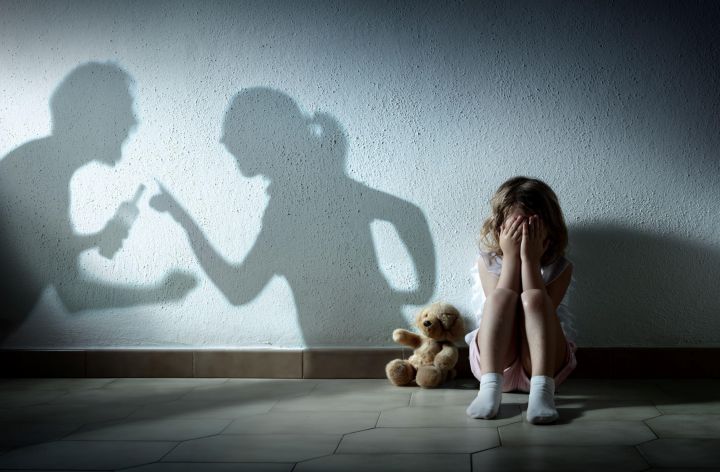This year’s events have reminded us of the sad truth that the home is not always safe, even if it is considered the safest place to ward of the coronavirus. As the lines between work and home blur, this realisation is encouraging companies to take a closer look at how they support employees exposed to domestic and family violence.
Two energy companies, Viva Energy Australia and Energy Australia, have set a high bar for employee support in the wake of an increase in the frequency and severity of violence against women during the Covid-19 pandemic.
Earlier this year, both companies released updated domestic and family violence policies that go well beyond minimum legislative requirements.
Viva Energy Australia announced that employees experiencing family and domestic violence will be able to access ten days paid leave for the purpose of attending medical appointments, legal proceedings, seeking safe housing or other activities related to dealing with family/domestic violence. Viva Energy Australia also provide direct financial assistance up to $2,500 to help with any costs, support changes to hours of work and other flexible working arrangements, and help with access to confidential support services. Additionally, specially trained support officers have been upskilled to ‘recognise, respond and refer’ where team members may be experiencing or using family violence.
Viva Energy Australia CEO and Male Champion of Change member Scott Wyatt said there was no doubt that Australian households are experiencing higher levels of stress, financial uncertainty and health concerns at the moment. These factors in addition to cramped living conditions, movement restrictions, isolation and disconnection from friends and other family were heightening the risk of violence.
“By raising awareness and leading change, employers can play their part in helping improve the lives and safety of women and children in our community, and more generally make Australia a better place to live,” Scott said.
Energy Australia’s Family Violence Education and Support initiative for employees has been two years in the making, but Executive Customer Experience David Ackland, who sponsors the initiative, said the internal interest in the issue had tripled this year.
The initiative provides:
In response to Covid-19, they also added a security division that can offer employees help with exiting their premises with security devices and premise checks. The company is also providing a range of physical and virtual events for employees to increase awareness and get the workforce talking about the issue.
“We need to be aware of both victims and perpetrators among our staff. We employee around 2,500, so we will have both groups among us,” David said.
“I’ve had a lot of people tell me their stories. Once you open up the conversation, even though it’s uncomfortable, you realise it’s all around you.”
According to Monash University’s Responding to the ‘Shadow Pandemic, there has been a significant increase in women reporting first-time domestic and family violence. Their needs are also more complex than usual because it is harder to seek help, they are experiencing new forms of abuse relating to social isolation and the threat of Covid-19 infection, and service providers are finding risk assessments, safety planning and relocation more challenging during shutdowns.
Since the start of the pandemic, there has been a 75 per cent increase in the Google searches relating to domestic violence and helplines 1800RESPECT and Mensline have experienced an 11 per cent and 26 per cent increase in calls respectively.
“Covid is introducing a more intimate relationship with staff and management, because you see people in their homes,” David said.
“Part of the culture and value proposition of a workplace is that you will be looked after and the organisation has your back. If your home is also your workplace, it needs to be safe.”
Both companies also support external programs and networks such as Male Champions of Change and Launch Housing.


For more information on this article contact andrea.pearman@inclusiveaustralia.com.au
Let us know!

